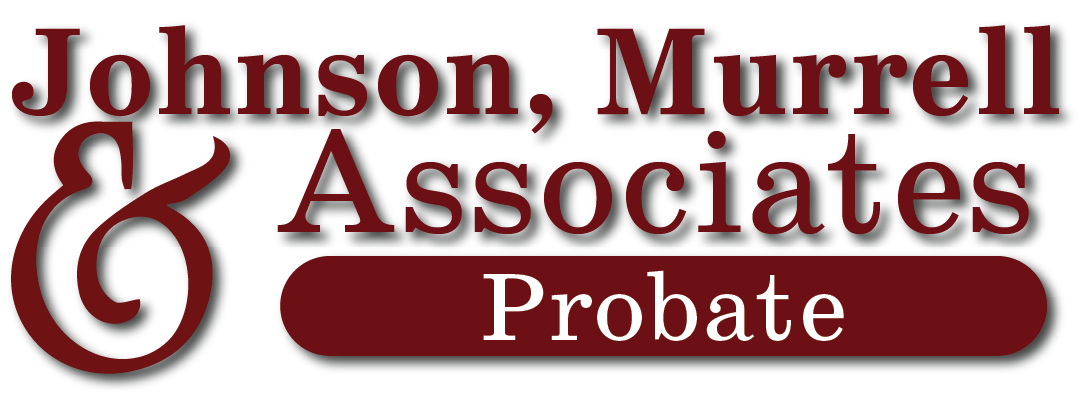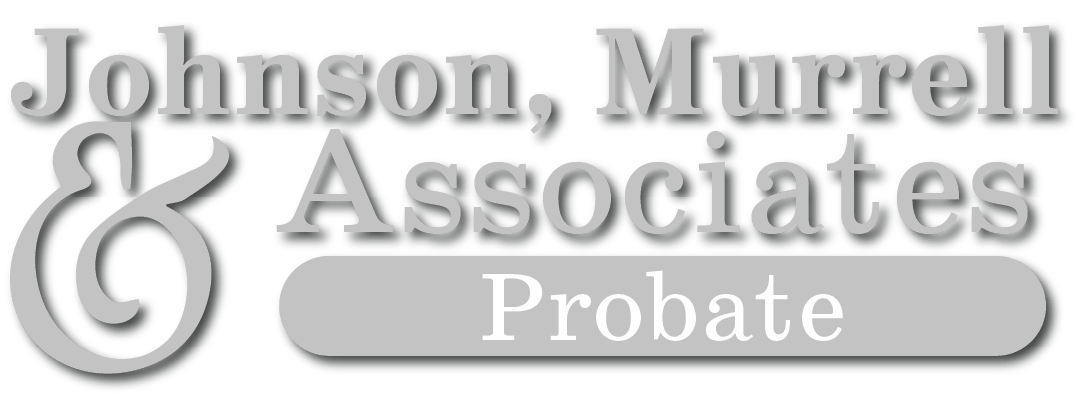The passing of a loved one is always a difficult time. As part of the estate settlement process, you may find yourself wondering if the deceased carried a life insurance policy. Unfortunately, the insurance company is not going to call you. You need to seek them out to make a claim, which can be difficult if you don’t know which company to contact. Here are some strategies for how to find a life insurance policy after death.
Life insurance provides a lump sum to one or more designated beneficiaries upon the insured individual’s death. To locate a policy after someone’s death, you can:
- Search the NAIC database
- Check bank statements
- Contact auto or home insurers
- Consult financial advisors, attorneys, accountants, or employers
- Inquire with family and friends
- Contact major life insurance companies directly
Working with an attorney streamlines the claims process in addition to settling the deceased’s entire financial portfolio.
What Is Life Insurance?
Life insurance provides a lump sum payment to one or more designated beneficiaries upon the death of the insured individual. Policyholders pay regular premiums to the insurance company, and in return, the insurer guarantees a death benefit to beneficiaries. This coverage aims to provide financial protection and support to the insured’s loved ones in the event of their passing.
Life insurance comes in various forms, including:
- Term life policies
- Permanent life policies
Term life offers coverage for a specified period, while permanent life provides lifelong protection with a cash value component that may grow over time. Life insurance serves as a crucial tool for safeguarding family finances. It helps cover expenses like funerals and debt repayment to ensure the financial well-being of dependents in the absence of the insured.
How To Find a Life Insurance Policy After Death
1. The NAIC searchable database
The NAIC (National Association of Insurance Commissioners) Life Insurance Policy Locator Service is a valuable resource. It’s designed to assist individuals in locating unclaimed life insurance policies or annuities. This service acts as a centralized platform where individuals can submit requests to search for potential policies of deceased family members or loved ones.
Insurance companies participating in the program provide the NAIC with information on in-force policies. In turn, the NAIC facilitates searches based on the provided details. This helps beneficiaries identify and claim life insurance benefits they might not have been aware of, providing financial relief during challenging times.
To submit a request, you’ll need to provide key information regarding the deceased, including:
- Social security number
- Legal first name
- Legal last name
- Date of birth
- Date of death
- Veteran status
- Your relationship to the deceased
The NAIC’s initiative serves as a bridge between beneficiaries and insurers. It streamlines the process of locating unclaimed policies and ensuring that beneficiaries receive the benefits rightfully owed to them. However, because the database relies on participation from insurance companies, it may not be 100% complete. If you can’t find a policy using this tool, you still have other options.
2. Check their bank statements
One reliable method is checking the deceased’s bank statements. This can be instrumental in uncovering life insurance policies after someone’s death.
Bank records can reveal regular payments that indicate annual premiums made to a life insurance company. The executor, responsible for managing the deceased’s estate, typically has access to the individual’s banking information. If you see an insurance company’s name, call them to see if they handle the deceased’s policy.
This method can prove invaluable in ensuring that beneficiaries receive the benefits they are entitled to. It also facilitates the smooth settlement of the deceased’s financial affairs.
3. Call their auto or home insurer
Another option when searching for life insurance policies after a person’s death is contacting their auto or homeowner’s insurer. Often, individuals consolidate their insurance policies, including life insurance, with a single provider for convenience.
By reaching out to these insurers, you may uncover information about a life insurance policy bundled within other coverage. When you speak to an insurance company, be prepared to show the insured’s death certificate and your valid government-issued ID.
4. Talk to their financial advisor, personal attorney, accountant, or even their employer
To locate life insurance policies after someone’s passing, talk to their:
- Financial advisor
- Personal attorney
- Accountant
- Employer
Financial advisors often possess detailed records of their clients’ financial portfolios, including information on life insurance coverage. Personal attorneys may have insight into the deceased’s estate planning documents, which could reveal pertinent policy details.
Accountants can provide access to financial records, aiding in the identification of any existing life insurance policies. Employers, frequently offering life insurance as part of employee benefits, can disclose relevant information on group policies.
Talking with these professionals makes for a more comprehensive search. It increases the likelihood of discovering policies and contact details for insurers for the beneficiaries. This approach proves valuable, particularly considering the prevalence of employer-sponsored life insurance. It streamlines the process of unraveling potential life insurance benefits after someone’s passing.
5. Ask their family and friends
Talking to the deceased’s friends and family may be necessary in locating their life insurance policies after their death. Inquiring about the deceased’s banking information can lead to potential policies, as many individuals arrange automatic premium payments. Additionally, asking if they mentioned specific insurance companies may provide valuable leads.
Friends and family might be aware of policies the deceased may have discussed or purchased. Ask about the location of important documents in the home since policies are often stored with:
- Wills
- Financial records
- Safe deposit box information
By gathering this information, you can navigate through potential leads and contact relevant financial institutions or insurance providers. This aids in the search for any existing life insurance policies and ensures that beneficiaries receive the rightful benefits.
6. Contact major life insurance companies
A last resort is to contact major life insurance companies to locate the deceased’s policy. Explain that the deceased may have held a policy, but you aren’t sure and would like them to check. Customer service agents may be unwilling to do this at first, so you may need to be persistent and ask to be transferred to someone with the authority to search, or visit an in-person office.
To initiate a search, beneficiaries can provide necessary information such as the deceased’s:
- Full name
- Date of birth
- Social Security number
Direct communication with the insurance companies allows beneficiaries to:
- Inquire about potential policies
- Verify coverage
- Understand the necessary steps to file a claim
A direct approach ensures a more efficient and reliable process compared to relying solely on personal records. Insurers have centralized databases and dedicated teams to handle such inquiries promptly. This helps beneficiaries navigate the complex task of identifying and claiming life insurance policies.
How To Claim Life Insurance After Death: Work With an Attorney
Working with an attorney when claiming life insurance after death is essential for a seamless and comprehensive process. Attorneys specialize in navigating complex legal procedures, ensuring beneficiaries receive their rightful benefits. They possess expertise in probate laws, streamlining the often intricate insurance claim process.
Attorneys also play a pivotal role in accessing all other financial assets of the estate. They investigate and identify various assets, such as bank accounts, investments, and real estate, maximizing the inheritance for beneficiaries. This thorough approach helps prevent potential disputes, ensuring that every aspect of the deceased’s financial portfolio is properly addressed.
By working with an attorney, claimants benefit from:
- Legal insight
- Expedited processes
- Meticulous attention to detail
In the end, they facilitate a smoother and more comprehensive resolution during a challenging time.
Do you need help locating a life insurance policy in Tennessee? Contact us today to learn how we can help!
To find a policy after death, explore options such as the NAIC database, scrutinizing bank statements, reaching out to auto or home insurers, consulting professionals like financial advisors, attorneys, accountants, and employers, as well as inquiring with family and friends. Additionally, contacting major life insurance companies directly proves effective. Working with an attorney simplifies the claims process. It ensures that beneficiaries receive their entitled benefits and addresses the entirety of the deceased’s financial portfolio.
At Johnson, Murrell, & Associates, we understand that handling a loved one’s estate and bills after their passing is an emotional, stressful experience. Our job is to make your life easier, guiding you through the process so you understand what’s to come. To schedule a consultation, call us at 865-453-1091 or schedule an appointment.



